When Would You Not Recommend WordPress to a Client?
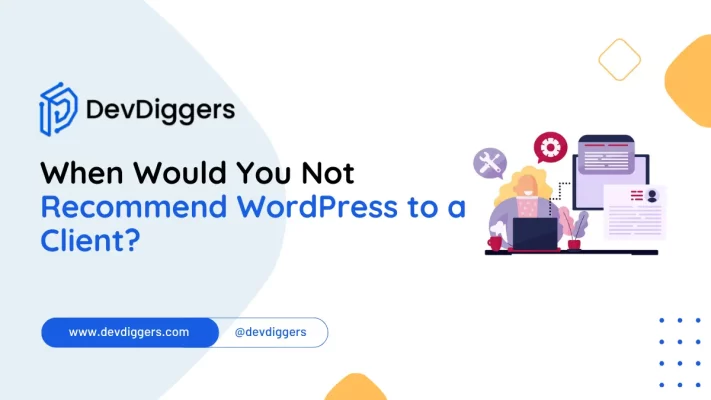
WordPress is a highly popular platform, powering over 40% of websites worldwide. It’s versatile, user-friendly, and scalable, making it an ideal choice for many businesses. However, WordPress isn’t the best fit for every project or client. There are specific scenarios where other platforms or custom solutions may be better suited.
In this article, we’ll explore when would you not recommend WordPress to a client, discussing practical examples, challenges, and alternative solutions.
Table of Contents
Understanding WordPress
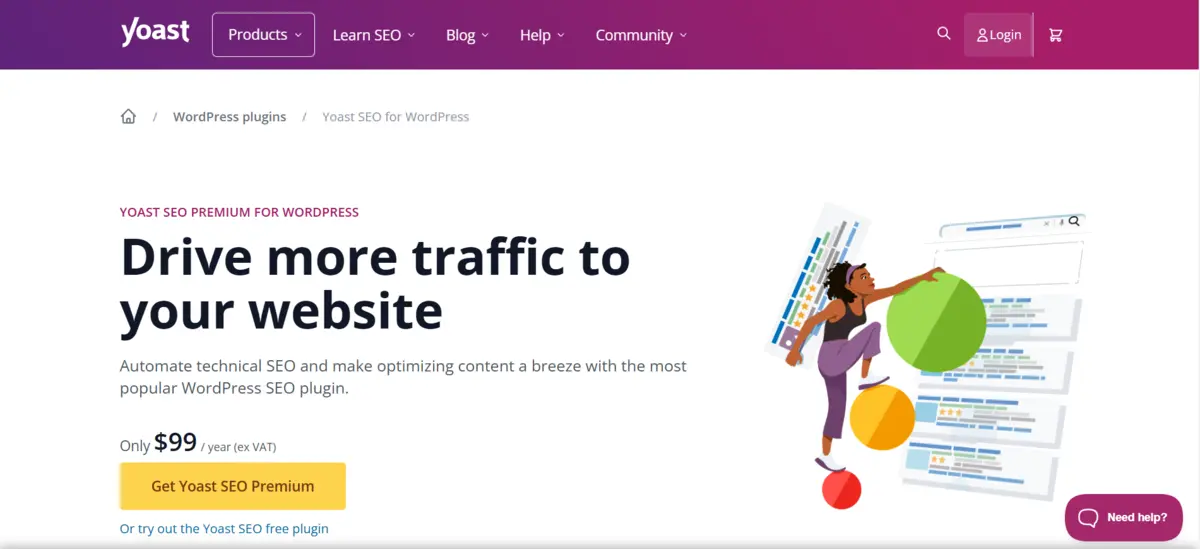
Before going into the reasons to avoid WordPress, here is a little background on why it is so popular:
- Flexibility: Anything from blogging to eCommerce sites is supported.
- Customizability: There are thousands of themes and plugins to provide custom solutions.
- Cost-Effective: It is free to use, though hosting and premium features incur an added cost.
- SEO-Friendly: Great built-in tools and also popular SEO plugins such as Yoast SEO improve exposure.
And even though there are its strengths, there are certain limitations that may challenge some projects.
When Would You Not Recommend WordPress to a Client?
1. High-Security Requirements

WordPress is an open-source platform: its code is accessible to everyone, including hackers. This subjects WordPress sites to security threats unless proper measures are taken, such as:
- Core files, themes, and plugins are regularly updated
- Premium plugins are used with high-security standards
- Adding security layers, such as firewalls and malware scanners
When to Avoid WordPress
If it’s a highly regulated industry (e.g., finance, healthcare) that requires strict compliance like GDPR or HIPAA, Your best bet might not be WordPress but something like HubSpot CMS or a fully custom-built solution with robust security architecture.
2. Complex, Highly Custom Applications
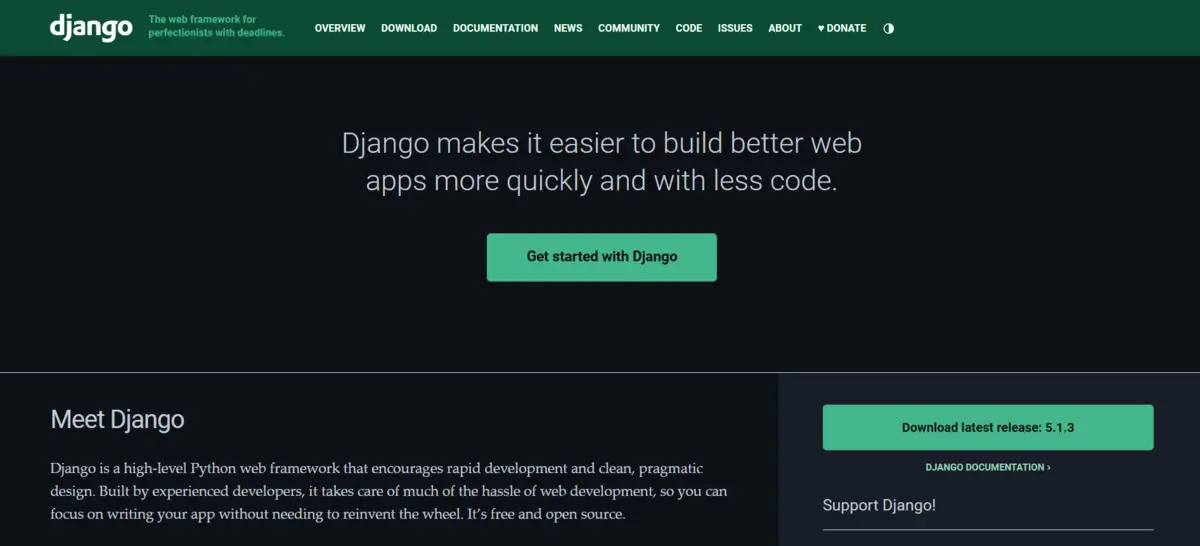
WordPress shines when it comes to creating predetermined site structures such as blogs, portfolios, or eCommerce stores. For developing a platform that demands:
- Advanced workflows,
- Unique database schemes, or
- Highly tailored functionality
may lead to performance bottlenecks and clumsy plugin dependencies.
When to Avoid WordPress:
If your client wants a web application, for example, a CRM, SaaS platform, or marketplace, then it would be better to build the application as a custom project with frameworks such as Django, Ruby on Rails, or Laravel.
3. Performance-Intensive Websites
WordPress relies on a lot of plugins and themes. This brings with it great flexibility, but at performance costs in terms of slow loading, typically taking place in:
- Sites with thousands of visitors on a daily basis.
- Media-heavy sites with videos, images, and high-dynamic content.
- Larger eCommerce stores that require real-time inventory updates.
Alternatives
For speed-oriented projects, a platform like Shopify (for eCommerce) or static site generators such as Gatsby and Hugo work better.
4. Minimalistic Brochure Websites
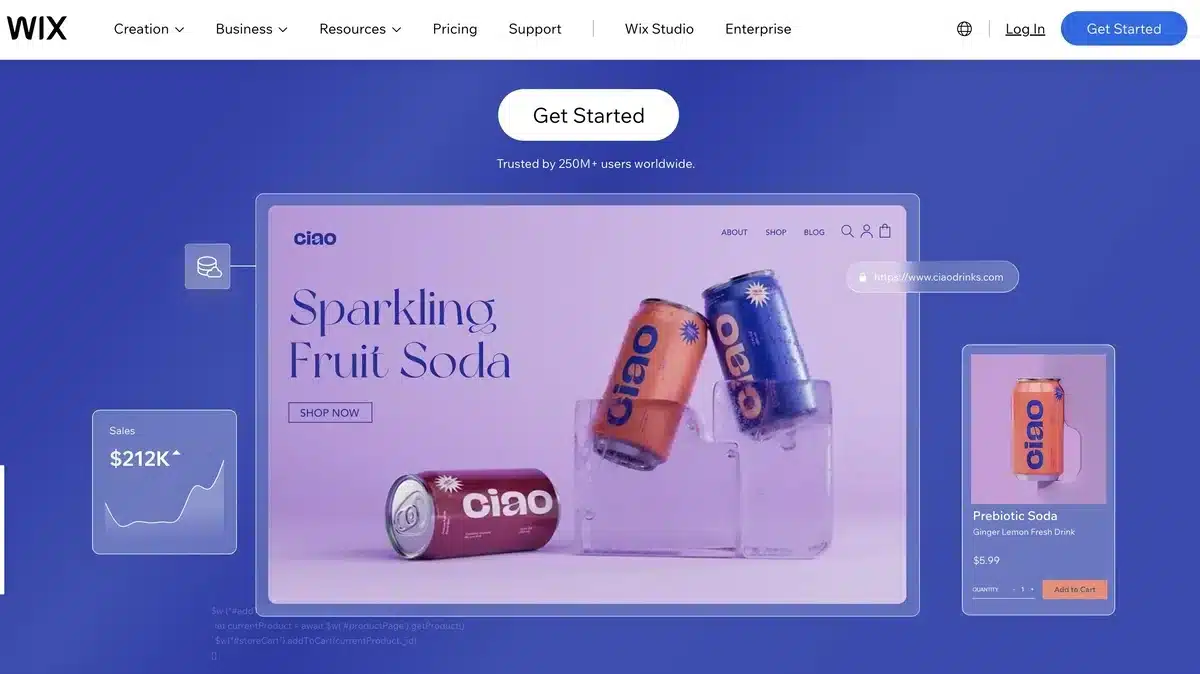
If a client only needs a simple brochure website with basic information, WordPress might be overkill. These sites:
- Don’t require regular updates.
- Rarely need additional plugins or customizations.
- They are inexpensive to host and maintain.
When to Avoid WordPress:
For minimalist websites, platforms like Squarespace, Wix, or even custom-coded HTML/CSS sites provide an easier and more affordable solution.
5. Clients Without Technical Expertise
Although WordPress is promoted as user-friendly, it still entails technical knowledge, for example:
- Routine backups.
- Upgrades to the plugins and themes.
- Troubleshooting compatibility issues.
When to Use Caution with WordPress
If the client is not technologically inclined and lacks funds for ongoing maintenance, an alternative more suited as a recommendation might be a platform such as Squarespace or Weebly, a service that directly offers all-in-one hosting and drag-and-drop capability.
6. Short-Term Projects
For short-lived projects (such as temporary campaigns or event sites), WordPress configuration may consume a lot of time:
- Themes and plugin installation.
- Hosting and SSL configuration.
- Customizing the design to match the branding.
When to Avoid WordPress:
Use single-page solutions like Carrd or lightweight website builders which can be fast to set up and don’t require intricate backend configurations.
7. Budget Constraints
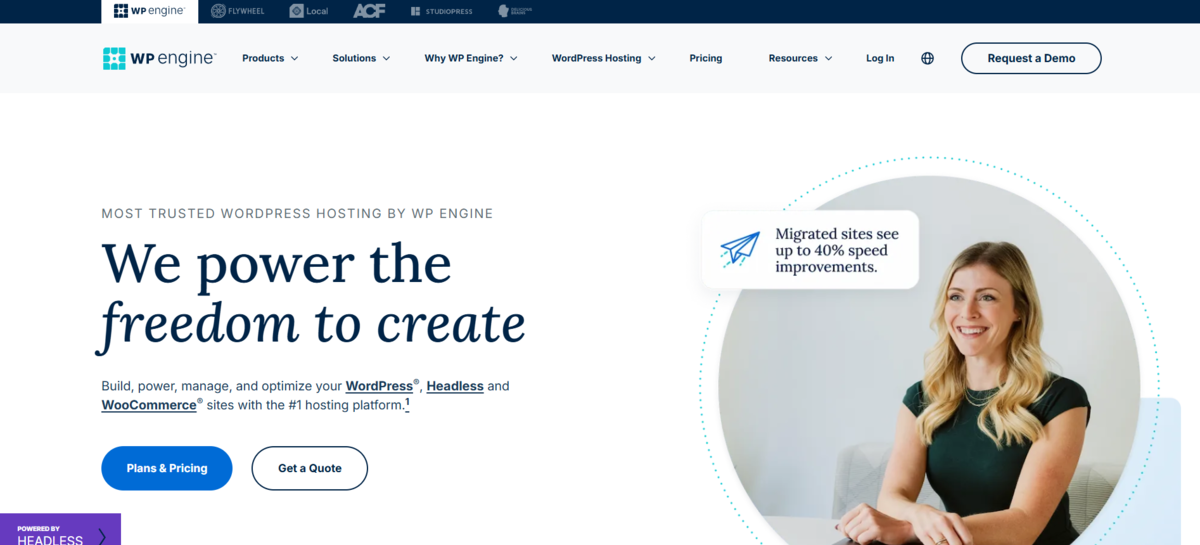
While the core of WordPress is free, developing and hosting a site on it isn’t cheap:
- Premium themes and plugins.
- True hosting services like WP Engine.
- Developer fees for customizations.
When to Avoid WordPress:
If the client has a small budget, the alternatives—Wix or Shopify—would be better for them since their costs are predictable from month to month.
8. Multilingual Capabilities
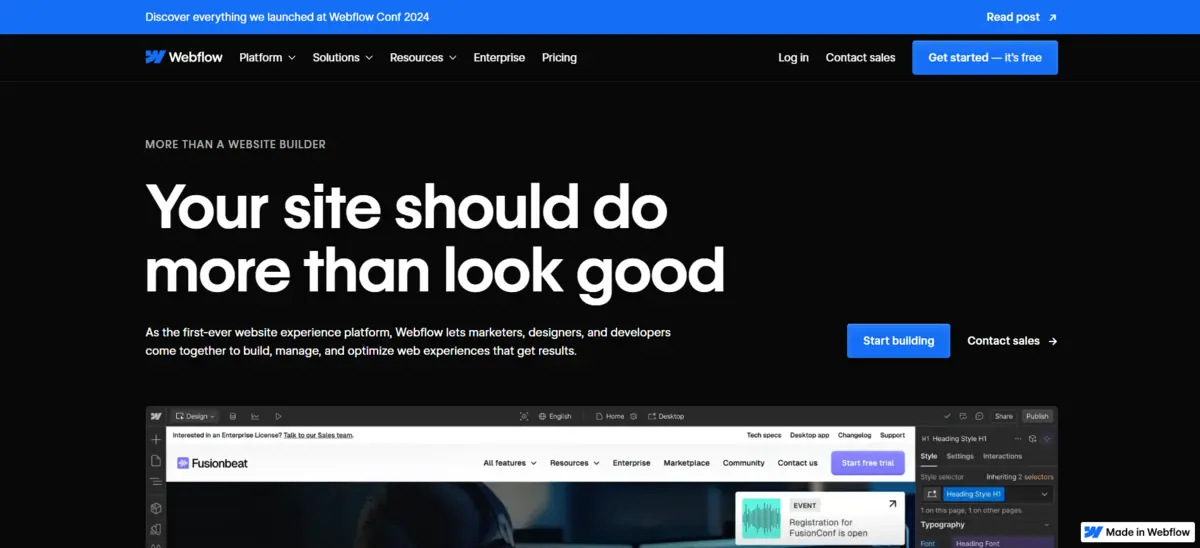
Whilst WordPress offers support for multilingual websites through such plugins as WPML or Polylang, setup and administration of translations often come with a headache.
When to Avoid WordPress:
For clients that value multilingual support, Webflow or Sitecore CMS can be more efficient since native multilingual capabilities come natively attached.
9. SEO Limitations

Although WordPress itself is SEO-friendly, bad usage of plugins, themes, or even structures can hurt performance. For instance,
- Unnecessary use of plugins can slow down the site.
- Some themes may have poor coding that generates errors affecting crawlability.
When to Avoid WordPress:
If the client expects a top-notch SEO with almost no errors, make sure your team can take it and tackle these challenges or look for alternative solutions, such as HubSpot CMS, which makes SEO integration very seamless.
10. Clients Seeking Unique Branding
It basically depends on using premade themes, so the scope for creating unique designs without heavy customizations is limited.
Avoid WordPress When:
For clients with standout branding, use custom designs built from scratch and advanced front-end frameworks such as React or Vue.js.
Conclusion
WordPress is an extremely versatile and highly popular CMS platform, but by no means a one-size-fits-all solution.
Knowing the requirements of a project, security requirements, performance expectations, and budgetary and technical capabilities determine whether WordPress is the proper choice or whether an alternative is better suited for the client.
Knowing when would you not recommend WordPress to a client helps you give well-thought-out, bespoke advice on what the best solution is to meet the client’s goals efficiently and effectively.
It’s the trust factor rather than taking the default route and recommending the solution you have learned that is not suitable for the job.
FAQs
When should you not recommend WordPress to a client?
You should avoid recommending WordPress for projects with high-security requirements, complex applications, or limited budgets.
Is WordPress good for large-scale websites?
WordPress can handle large websites, but it may struggle with performance and scalability compared to custom-built solutions.
What are better alternatives to WordPress for simple websites?
Platforms like Squarespace, Wix, or Carrd are often better for simple, brochure-style websites.
Why is WordPress not ideal for non-technical clients?
Non-technical clients may find WordPress challenging to maintain, as it requires updates, backups, and troubleshooting.
Can WordPress handle multilingual websites efficiently?
While possible with plugins, managing multilingual websites in WordPress can be cumbersome compared to platforms with native multilingual support like Webflow.
